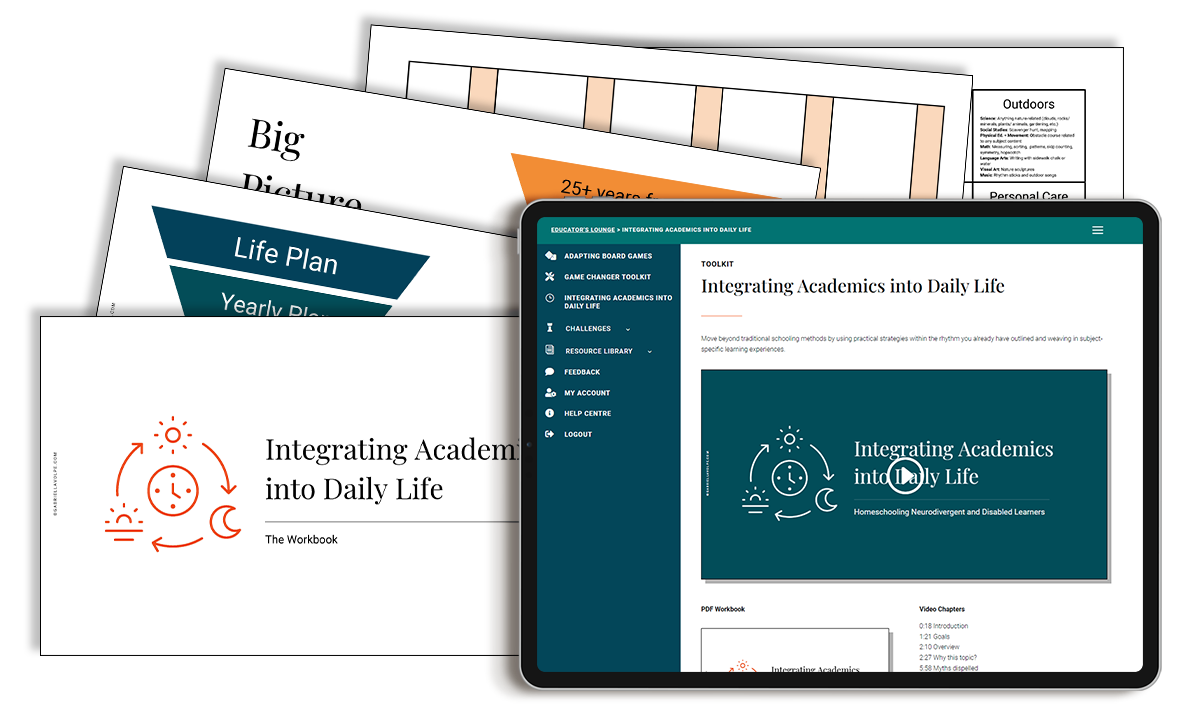From the outside, it looks like there are only two schools of thought when it comes to education: those who choose conventional schooling and those who homeschool.
If we lean in, we see that there are many subgroups within each category.
Conventional schooling
Choosing the conventional path means families can pick between a slew of academies:
- Public/state
- Private
- Alternative schools
- “Special education”
- Hybrid learning
- Blended schooling
- Etc.
Home educating
Home educating is an umbrella term for those who choose:
- School-at-home
- Unschooling
- Charter schools
- World schooling
- Other styles of alternative homeschooling
- Etc.
Within these classifications, there are additional subgroups. And, because of these divisions, even homeschoolers point fingers and isolate one another. Likewise, families raising children with the same diagnosis experience scrutiny.
As home educators of chronically ill/disabled or neurodivergent children, it’s difficult to fit into a homeschool community because of our distinct needs and circumstances.
- A homeschool coop may not be physically or financially accessible.
- The curriculum choice (or that a family uses a curriculum at all) may be criticized.
- The decision to treat a child’s condition with medication (or not) might also be judged.
- A child’s sensory needs may not be understood.
One need only consider the organizations they belong to where, even within a common heading, there are variations. A Friday night sports team? Your book club? Your religious order? Your department at work? Your extended family?
For as long as people are misunderstood, judgments and opinions will never be eradicated.
Even though the world needs more compassion, love and acceptance need to start (and end) with ourselves. I cannot influence billions of people. But, I can be the change within my small groupings—starting with myself and with those who live and pass through my home.
How are you fostering non-judgment and nourishing compassion within your home?
Related Articles:

Integrating Academics into Daily Life Workshop
Discover how to integrate academics into daily life. For homeschoolers of neurodivergent and disabled learners.

0 Comments